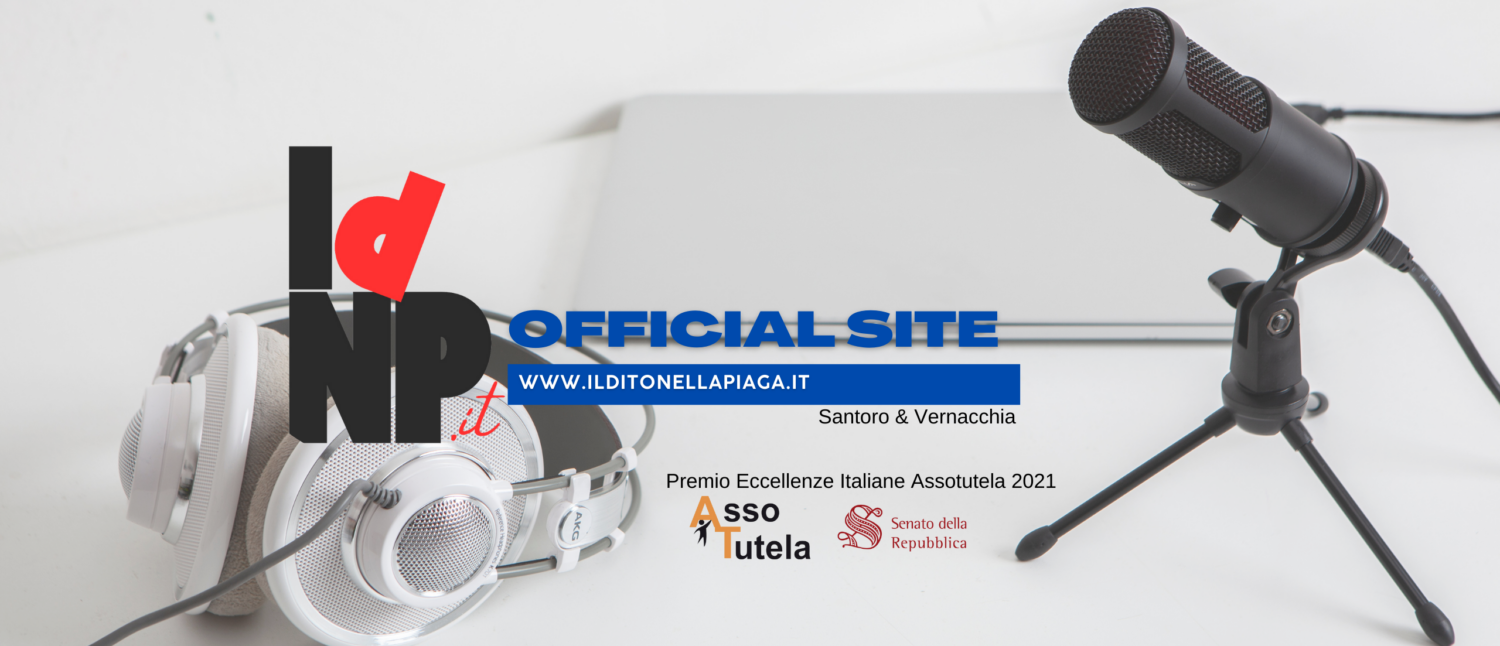Hot Tips for Preventing Heel Pain
Heel pain is a very common condition with many potential causes. The good news is that it can often be treated effectively if you have it – but it’s even better if you can avoid it entirely!
Whether you have never had heel pain before, or have recovered from a previous case thanks to traditional treatments, custom orthotics, or other advanced methods, there are plenty of simple steps you can take to reduce your chances of heel pain in the future.
A lot of these steps don’t just apply to heel pain, either, but can help keep your entire feet, ankles, and even your whole body in better shape. They’re well worth considering whether you feel you currently have much heel pain risk or not!
And if heel pain already is a problem for you, or you have questions about the best ways to optimize your foot health, please don’t hesitate to reach out to us. We’re always happy to help, and can even schedule a consultation with you over telemedicine, if you prefer.
Choose Comfortable, Supportive Footwear
Of course your shoes should feel good on your feet! But what does it mean to have good support, especially as it relates to preventing heel pain?
Your first thought may be of arch support, and that’s not a bad consideration! Having a firm, supportive presence underneath the arch can help prevent some strain, especially against the plantar fascia (by far one of the biggest victims in terms of heel pain problems).
But another place you should definitely look is toward the back of the shoe, where the heel counter resides. This is the cup-like area that the heel slips into, and it should be somewhat rigid.
The firmer the heel counter is, the better a job it will do in controlling the motion of your foot, helping to counter gait abnormalities that can cause excess strain in the feet (as well as up the legs, hips, and lower back). You can test a heel counter’s strength by gripping the back of the heel toward the bottom, between your thumb and index finger, and giving it a squeeze. If it easily collapses, you don’t have much support to go on.
Be Prepared for Physical Activity
Our bodies are made to take on certain amounts of stress at a given time. As we work out, we increase these thresholds by breaking our bodies down on a cellular level and giving them the opportunity, during rest, to build back stronger.
Throw a wrench into any part of the process, however, and you risk suffering from an overuse injury. When it comes to your feet, that can be a one-way ticket to heel pain via conditions such as Achilles tendinitis and stress fractures.
Being prepared for physical activity means the following:
- Wearing the right shoes. Again, footwear is important. Your shoes should be made for your activity and provide the proper support. A sporting goods store clerk can often help you find what you need. (We’re happy to provide you with some advice at your next appointment, too.)
- Stretching your body. Going full force while your body is still “cold” can cause injury. Spend a few minutes performing some dynamic stretches, which can be as simple as some lunges and light jogging. Make sure to engage the feet and calves.
- Knowing your limits. Your body is only conditioned to handle a certain level of intensity. While you must gradually push your limits some to improve, pushing too hard, too soon is when the risk of injury looms largest. Don’t increase the time, distance, or weight of your workouts by more than 10-15% per week, and listen to what your body is telling you. If an adjustment feels like too much, dial it back. If you need to rest, do so. In fact, rest days are a must in any professional’s plan, and should be part of yours as well.
Take Steps to Manage a Healthy Weight
Another potential contributor to heel pain, unfortunately, is excess weight exerting pressure on the feet. While you stand, walk, or run, that pressure is always bearing down – and in cases of walking and running, the load on one foot at any given time can be much higher than your body weight alone.
You don’t have to try to be as thin as possible. Aiming for that isn’t healthy at all! However, shedding a few pounds if you’re overweight can significantly reduce the strain on your heels. Just think of how many cumulative pounds of force that can save throughout each day.
Let Us Help You Fight Heel Pain Effectively
While there are steps like those above that you can easily take to improve your heel pain outlook, other factors might need more of a professional evaluation.
We can help you identify potential heel pain risks, including abnormalities in foot structure and gait. Once we have a firm understanding of your condition, lifestyle, and personal needs, we can provide tailored advice that best suits your goals. Maybe using orthotics now might greatly help you avoid pain in the future, or other forms of assistance may be more suitable for you.
Whether you need help with heel pain now or just want to keep it from entering the picture, call either of our two area offices to schedule an appointment with us.
- Princeton: (609) 924-8333
- Roselle Park (908) 687-5757
And if you prefer to reach us electronically instead, simply fill out the contact form at the bottom of this page and a member of our staff will respond to you during our standard office hours.
[ Tratto da: https://associatesinpodiatry.com/ ]








